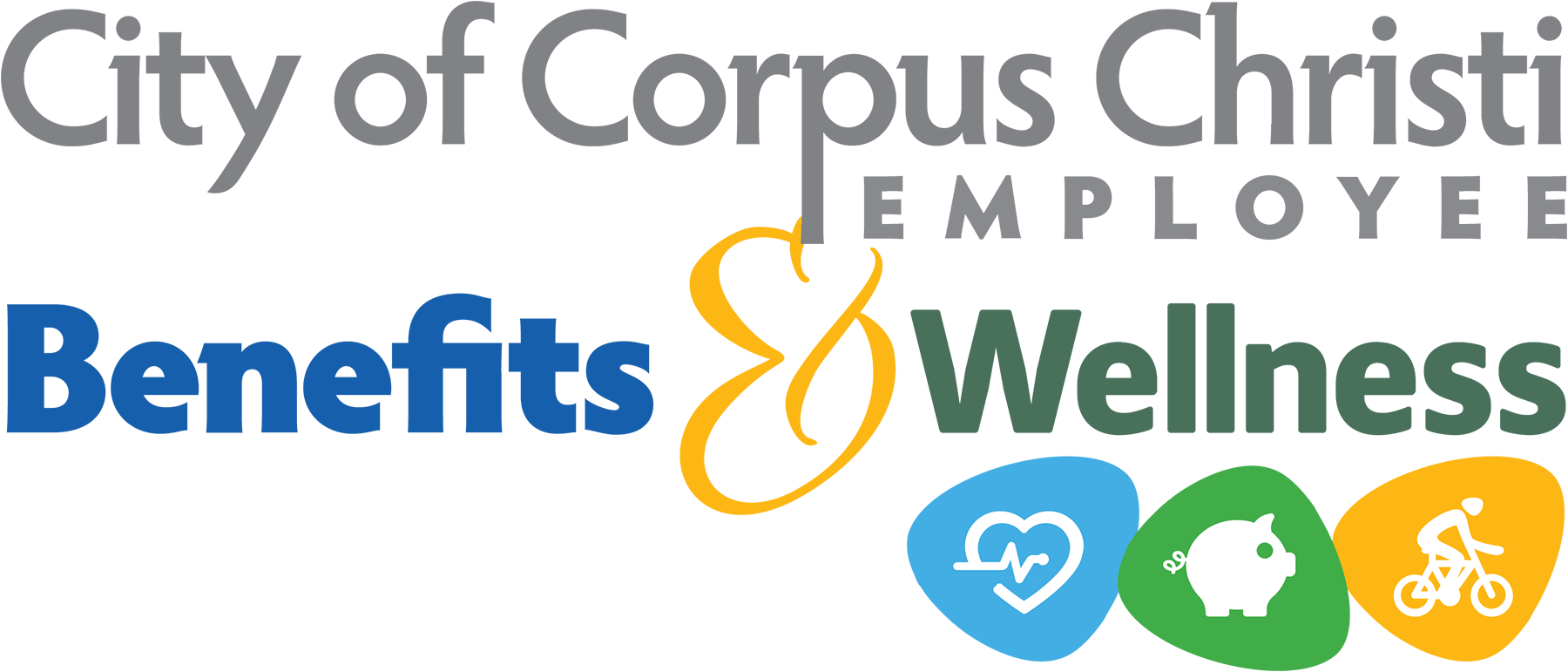By Rose Bond, Benefits Manager – City of Corpus Christi

When Pricewaterhouse Cooper conducted their 2017 Employee Financial Wellness Survey, they asked employees to define financial wellness. All generations of respondents stated that financial wellness is freedom from financial stress and debt, enjoying life, and being prepared for emergencies, yet three-quarters of workers live paycheck-to-paycheck with no emergency savings.
Would you like to experience the peace that comes with financial wellness? Help is on the way!
In January 2019, the City of Corpus Christi’s Human Resources department will be rolling out several new Wellness initiatives. One of the focal programs is Smart Dollar, a financial wellness program. I met with Rose Bond, the City’s Health Benefits Manager to discuss her perspectives on Financial Education and Financial Wellness and the City’s plans to support employees in these areas.
How did you recognize the need for financial education here at the City?
Our byline in Human Resources is, “People Helping People Succeed.” We care deeply about employees’ quality of life and put a lot of thought and effort into designing programs that meet employees’ needs in many aspects of their lives. Personal finances dictate quality of life on so many levels. During our discussions with employees over the years, problems with money and financial stress frequently come up. It’s our goal that by giving employees the knowledge and tools they need to take control of their money, they can bring a new level of peace into their lives.
Why is financial education important for City employees?
Most people have issues with money from time to time in their lives. For others, financial worries are a daily burden. Worries about mortgage or rent payments, car repairs and medical bills can raise our stress to unhealthy levels. Living paycheck-to paycheck carries a physical and emotional toll!
Financial education teaches workers how to budget, save for emergency expenses, get out of debt, and invest for future needs like retirement. By incorporating a few simple steps and learning to spend less than we earn we can financial stress into financial success.
What are your current plans for offering financial literacy education?
We are kicking off our financial educational programs with Smart Dollar, a personal finance course for Governmental employees written by personal finance guru Dave Ramsey. Ramsey’s organization has helped millions of people over the past 25 years. With Smart Dollar, employees use a step-by-step proven plan to learn how to get on a budget, build emergency savings, pay off debt, buy a home, pay for college, protect their assets, and invest for the future. Smart Dollar will be primarily delivered online with 4 one-hour face-to-face sessions that will be held on the First Friday of each month.
What are some of your future goals for the program?
We’re looking into other classes that can be offered through Learning and Development. We are open to responding to employee’s needs but envision that classes offering more detailed budgeting help, classes in understanding investments and preparing for retirement are some of the possibilities.
When will Smart Dollar begin and how do I register?
Registration is now open! You can apply for one of

